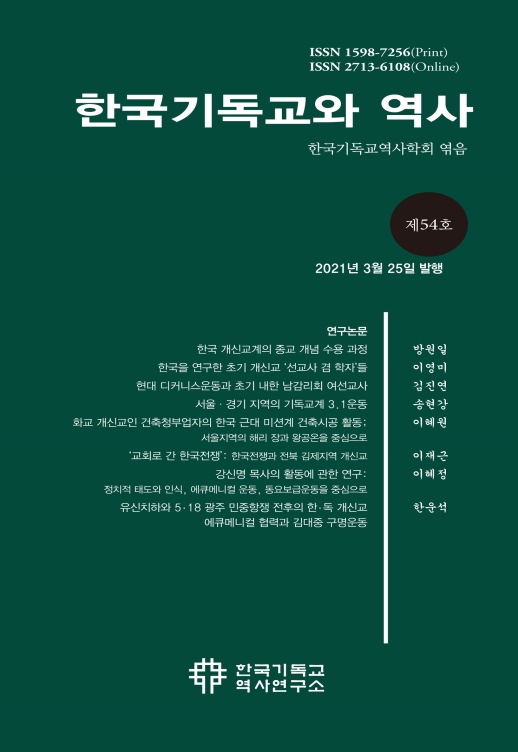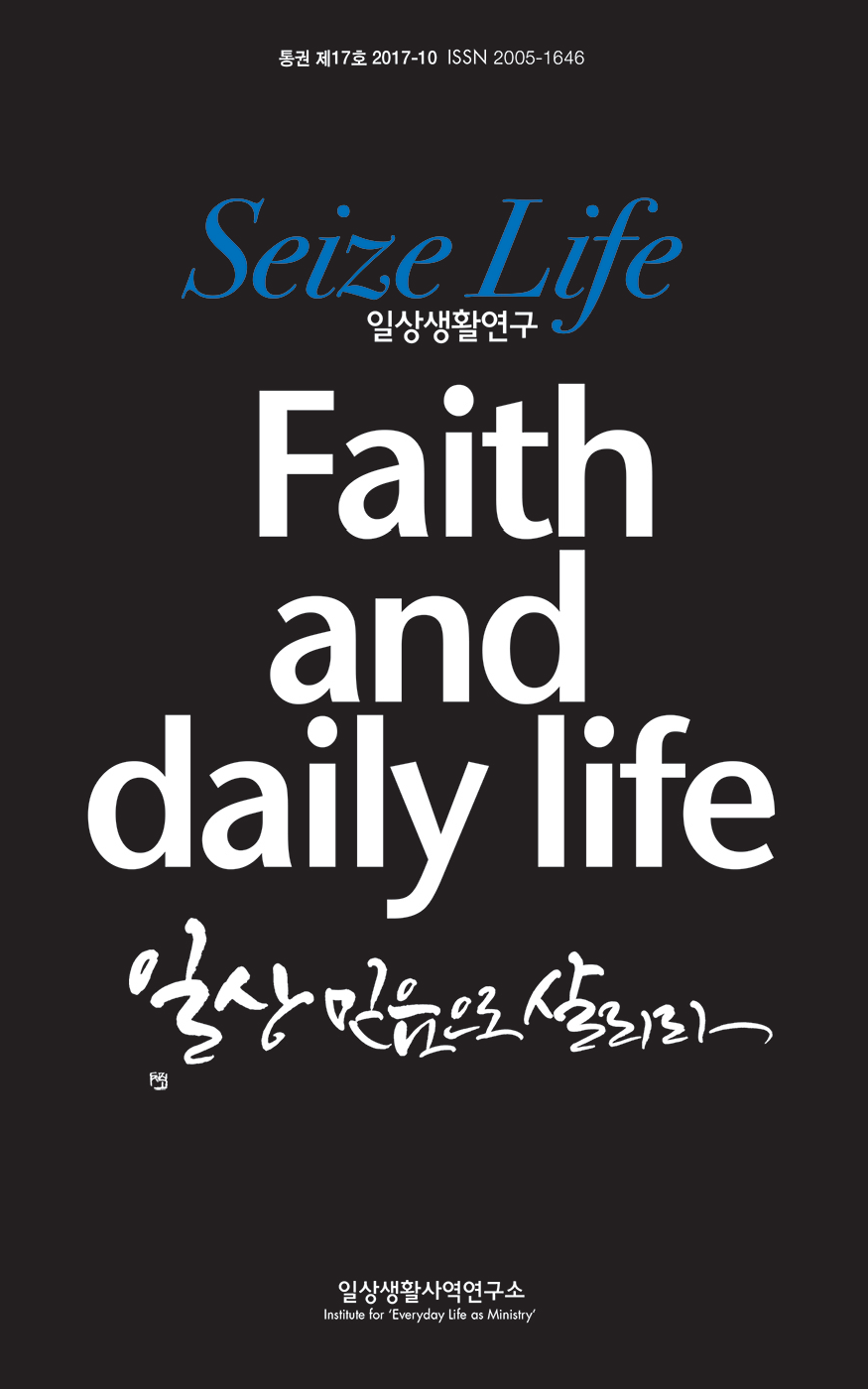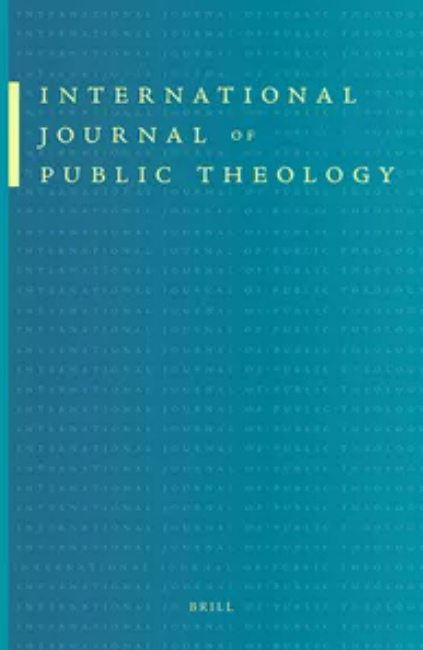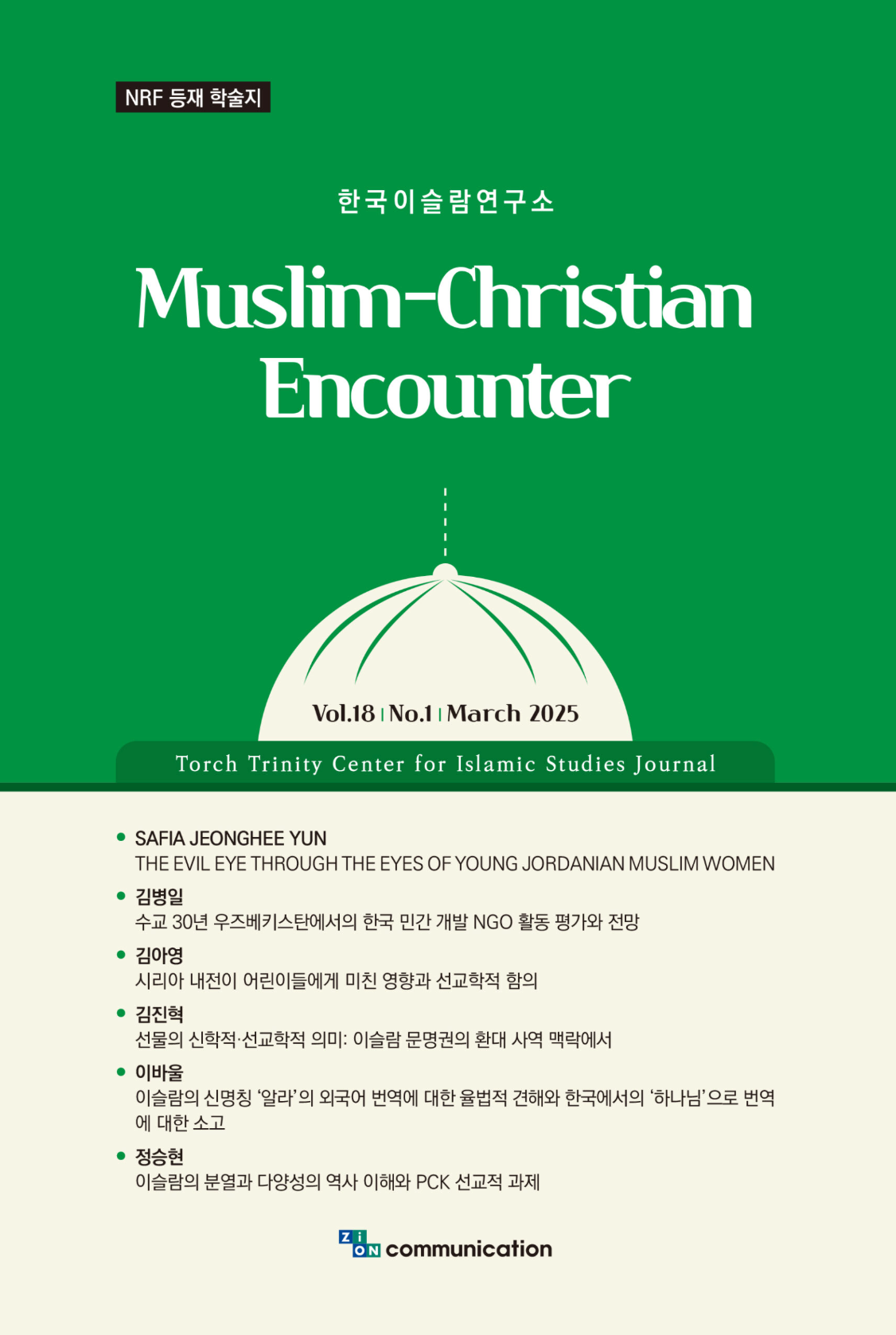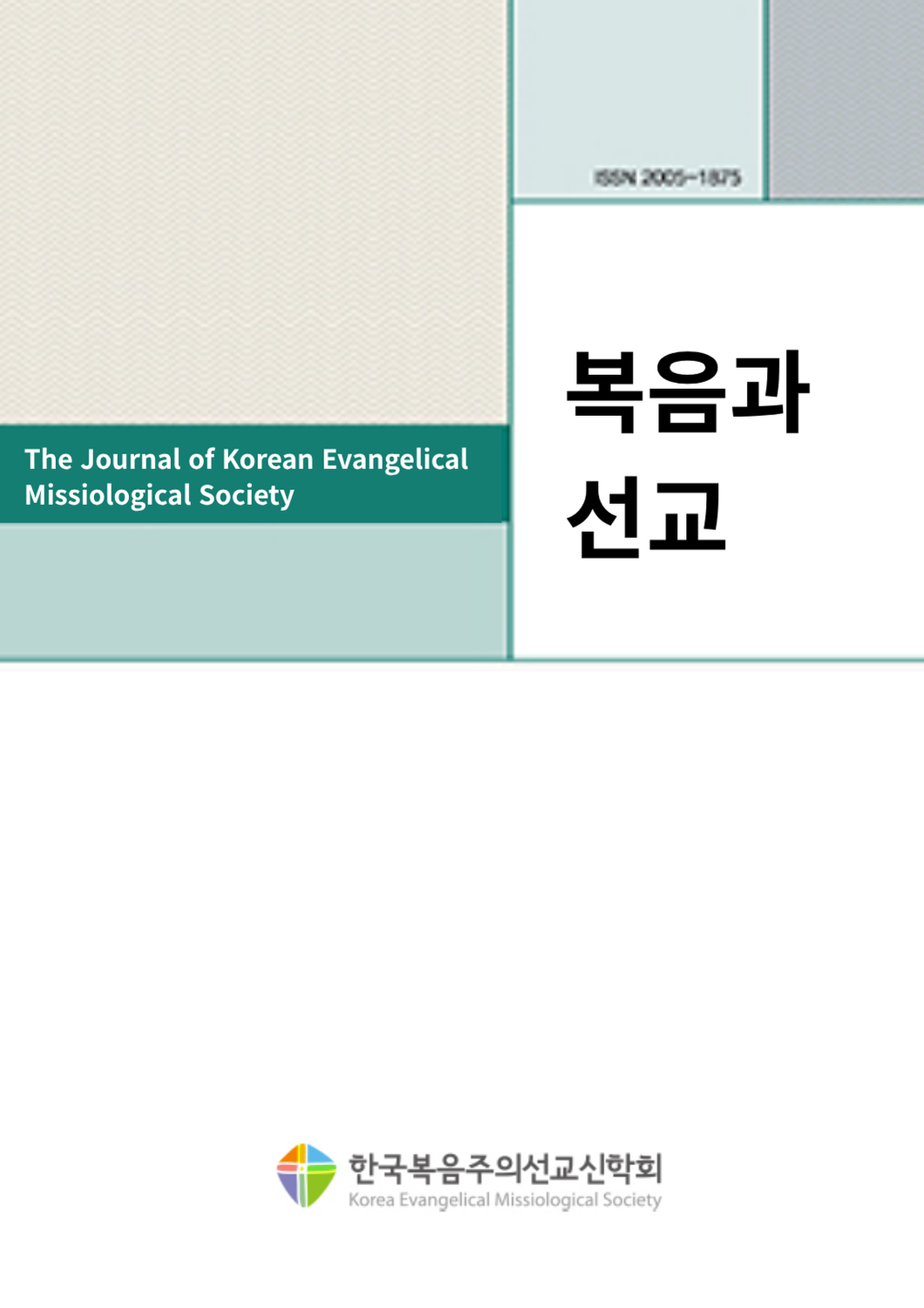본 논문의 목적은 1890년대, 1900년대 한국 개신교가 전통적인 도(道), 교(敎) 개념으로부터 근대적 종교(宗敎) 개념을 수용하는 과정을 분석하는 것이다. 초기 개신교 문헌을 포괄적으로 검토하면 개신교계의 ‘종교’ 수용이 다른 지식인 집단에 비해 늦은 편이라는 사실을 확인할 수 있다. 한국에서 초기의 종교 개념은 유교 지식인이 주도하여 도입하였다. 초기 개념은 종교가 국가 발전의 근간이 되는 으뜸 되는 가르침이라는 것이고, 이것은 조선에서 유교라는 주장으로 이어졌다. 개신교계에서는 국가 정체성과 결합한 종교 개념을 수용하는 데 소극적이었고 ‘종교’보다는 전통적 용어인 ‘도’와 ‘교’를 사용하여 종교를 서술하였다. 개신교계에서는 1890년대까지는 전통적 개념을 주로 사용했고 1900년대 들어서 종교 개념을 사용하기 시작하였으며 1910년 이후에 현재와 같은 보편적 종교 개념이 일반화되었다. 타종교에 관한 많은 저술을 남긴 개신교 지식인 최병헌의 사례에서 1900년대 말에 종교 개념이 수용되어 사용된 양상을 확인할 수 있다. 이러한 분석을 통해 본 논문은 근대 종교 개념의 형성을 수용 주체별로 세분해서 분석할 필요가 있음을 증명하였고, 근대 지식체계 수용에 일본 외에도 선교사를 통한 미국의 영향 등 다양한 채널이 존재함을 인식할 필요가 있음을 환기하였다.
The purpose of this thesis is to elucidate the introduction of modern concept of religion by Korean Protestantism in the 1890s and 1900s. Comprehensive review of the early Korean Protestant literature reveals that the Protestant community's acceptance of “religion” is slower than other intellectual groups in Korea. The initial concept of religion was that religion is the foremost teaching on which the nation is developed, and this led to the claim that the religion in Joseon is Confucianism. Protestantism was passive in accepting the concept of religion combined with national identity, and used the traditional terms such as “do (道)” and “gyo (敎)”. The traditional concepts were mainly used until the 1890; the concept of religion began to be used in the 1900s; the universal concept of religion became common after 1910. This analysis showed the necessity to analyze the formation of the modern concept of religion according to various subjects of acceptance. And we can recognize that, in accepting the modern knowledge systems, there are various channels such as missionaries.


